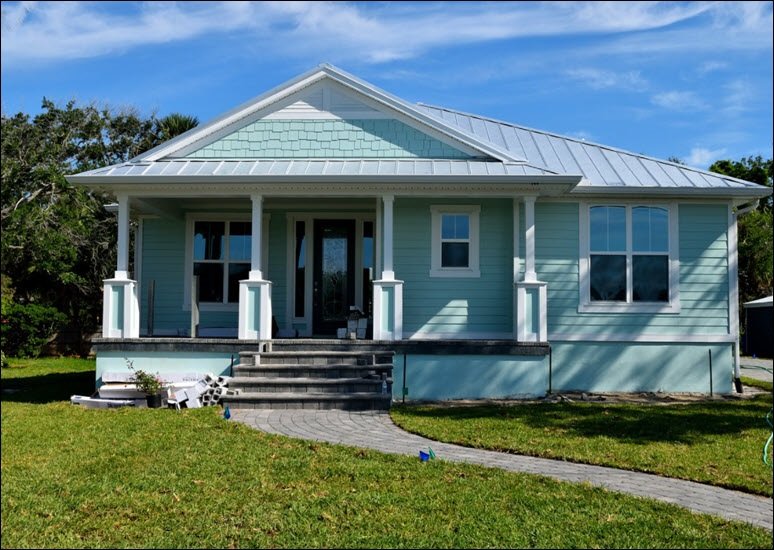Big Money Bets on Housing, but Why?
by Matthew Roberts, Certified General Real-Estate Appraiser
November 2021
Large Investment Firms Are Buying Up Houses
Investment companies like BlackRock were recently in the news due to their large purchases of residential real estate. As of late June, institutional investors owned 300,000 single-family homes in America. Of that, BlackRock itself owned 80,000. There are around 16 million total single-family rental units in the country, and institutional owners now own under 5% of them. However, this is likely to grow tremendously. For comparison, institutional investors currently own 55% of all multi-family rental units.
These firms see that supply and demand are out of whack. Any real estate agent can tell you that there aren’t enough houses to sell. Existing monthly home supply and new construction have not kept up with demand. Increasing land values have even made new construction less financially feasible in some urban markets.
Institutional Buyers Target Starter Homes
The millennial demographic is the largest entering the housing market. They are now at the age (30s to early 40s) when families grow and move into larger living spaces. Three and four-bedroom apartment units are popular among this demographic. However, three-bedroom units represent only 11% of all multi-family units. Therefore, home-buying is the common transition.
Because of this wave of new buyers needing housing, investment firms have found starter homes to be a profitable target. They estimate that the revenue per square foot of these homes may outperform most other property types over the next five years. It’s a numbers game. And this home type seems to offer economic resilience, stable rent growth, and strong demand.
First-Time Buyers are Faced with Higher Prices and Limited Inventory
Unfortunately, millennials entering the housing market for the first time may be the most likely to find themselves bidding against billion-dollar, or even trillion-dollar, companies. The investment companies have responded to critics by pointing out that their holdings are a drop in the bucket compared to the existing 80 million total single-family houses in the country.
What their response leaves out is the fact that at any given time not all houses are on the market, only a small percentage. Further, the percentage of homes on the market that are also affordable to first-time homebuyers is even smaller.
Lower Capitalization Package Valuation Makes Large Portfolios Lucrative
How can these large companies afford to pay full price for homes in a seller’s market? My guess is that the homes are worth more as a package than if the homes were to sell individually to retail buyers. Let me explain:
A big portfolio of rented homes, offering dependable cash flow, is currently valued higher by investors than the value of the homes in a sale to owner-occupants, or even to local mom-and-pop investors. For instance, if capitalization rates for retail home sales (to an individual) are 6.5%, and a portfolio of homes is being valued at capitalization rates of 5%, the resulting difference in price is substantial.
Say an individual investor, or individual owner-occupant, is willing to pay $150,000 for a home at a 6.5% cap rate, but valued at a 5% cap rate, the home’s value to the institutional portfolio jumps to about $190,000. Therefore, the investment company can afford to pay higher prices than retail to purchase the homes.
In my opinion, this is why institutional buyers can afford to out-bid local retail buyers.
Trends May Fuel Even Higher Prices
Since early 2020, investment firms have raised over $15 billion to invest in single-family rentals. Real estate investment trusts (REITS), pension funds, and private-equity firms are attracted to investing in single-family housing. They see it as a hedge against inflation as well as a relatively low-risk investment while markets stabilize after the turbulence of 2020.
Large institutional investors might also find more favorable financing than individual buyers. While interest rates stay low, these companies also plan to enjoy even further rising prices and asset appreciation.
Get the True Value of Your Home
This is the strangest housing market in recent memory. Don’t try to navigate it without good help. Whatever your goal, get the true value of your real estate from Spurgeon Appraisals, and get the best deal for you.





